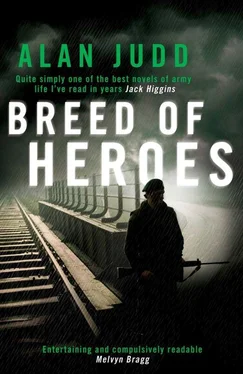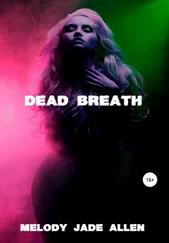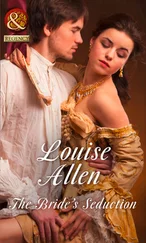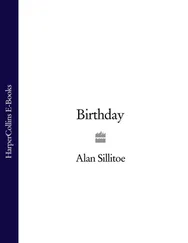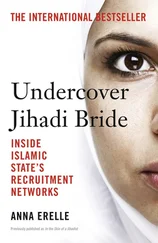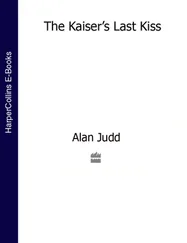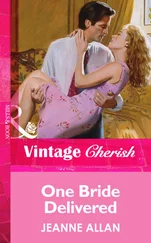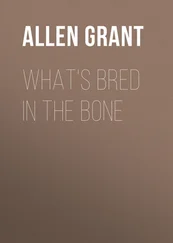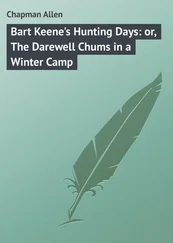The CO was upstairs in his room and Charles went up to brief him. Looking tired and drawn, he was sitting at his desk with an untouched glass of whisky before him. He heard Charles out and then passed his hand wearily across his eyes. ‘Dammit, how I hate having to talk to these wretched people,’ he said. ‘It’s not their fault, of course. They’ve got a job to do just as I have, but it’s all this going back over it, having to say the right thing, resurrecting the whole terrible business. It’s worse than actually doing it, you know. When I think of those poor, stupid, foolish, ignorant, tragically misguided young men whom we probably killed tonight it makes me want to weep, you know, it really does. They could’ve been my sons, or yours if you were older. They were somebody’s. It certainly would have been at least one of my soldiers if we hadn’t done what we did. Those are the people the press should be talking to, the bloody Provisional IRA, not me. They should be saying to them, “Look, for God’s sake stop this bloody lunacy, this violence, because it’ll get out of control and kill all of you and a great many more besides.” Don’t you think, eh?’
Charles nodded. When the CO needed someone to talk to he did not need them to say very many words, although he paid full attention to any they did say. At such times Charles felt close to him despite himself, and at the same time awkward, as though he were there under false pretences.
The CO held out his hand, as if to show something in his palm, and kept his dark eyes fixed upon Charles. ‘If only these people could be made to see that if they consistently break the law, if they consistently use violence they will meet with violence, and if it comes to a showdown the side with superior force wins. And that’s us, they must know that. And to keep up a war of attrition is simply to prolong the agony, their own as well as everyone else’s, without getting anywhere because no British government, of any complexion, is going to pull out of Northern Ireland against the wishes of the majority of people as expressed in the ballot box. They must see that, they must. They can’t surely be so stupid as not to, can they? And to go on as they are, where does it get them? How are they one jot the better? How is their cause advanced one inch further? If anything, it goes backwards. There’s nothing to be gained by violence of this kind and everything to be lost, and they’re losing it.’ His tired face was now tense and his eyes hard with passion. He gripped his glass of whisky tightly and raised it but put it down again without tasting. ‘Don’t you think that’s what the press should be doing, telling them that, eh? Trying to stop it instead of asking me damn fool questions about why I opened fire when there were grenades rattling around in the street?’
Charles nodded again but still said nothing. After gazing thoughtfully at his whisky for a few moments, the CO knocked it back in one and stood up, smoothing down his jersey and stamping his feet so that his anklets fitted snugly over the tops of his boots. He clapped Charles on the back and grinned. ‘Hang it all, I nearly lost my PRO to those grenades, and then where would I be? The only one I’ve got. I hope they realise that.’
They went downstairs and made their way through the crush, the smoke, the wires and the hubbub to the table by the wall. The CO appeared calm, grave and self-possessed. As he took his seat the hubbub ceased. Charles sat next to him.
At first, all went well. The questions were much as anticipated, with the rival TV interviewers irritating everyone by each asking the same questions and requiring the same answers to be delivered to them individually. They for their part were irritated by what they regarded as unnecessary and inarticulate interruptions from the steam press. The CO’s replies were stiff and rather lengthy but the points were answered. He used a lot of phrases that were typical of him and of no one else that Charles had met, such as ‘denying the Queen’s highway’, ‘the Queen’s writ will not be flouted’, ‘the un-Christian monsters who so tragically misguide these young men’, ‘the honour and integrity of the British Army’, ‘my soldiers will not stand by while the Queen is insulted’ and ‘the appalling dilemma confronting every commander which only God can resolve’.
Charles knew that such phrases and concepts were not only part of the CO’s everyday conversation but were central to how he saw himself and the world, but he did not know how the press would react. He feared mockery or disdain but saw neither, only attentiveness. Whether they sympathised with the CO’s all too obvious sincerity or whether such remarks made good press, he could only guess. Trouble came from the well-dressed, thin-faced young man who had earlier displayed his potential animosity. It turned out he was Colm McColm of the Gazette . He did not speak until the conference was about to finish and the TV people had begun to dismantle their equipment. When he spoke it was with a quietness born of confidence.
‘Colonel, on your own admission you ordered the shooting of several people this evening, of whom at least one is probably dead.’
The room quietened and the TV men stopped their dismantling. The CO had his elbows on the table and his hands firmly clasped. ‘I said that we opened fire and we think we hit at least three bombers.’
‘Colonel, could you tell me what kind of weapon your men were using?’
‘They were using the 7.62 millimetre self-loading rifle. It’s the standard weapon in this and other NATO countries.’
‘I see. Correct me if I’m wrong, but is it true to say that it is a high-velocity weapon that is lethal at ranges of well above five hundred yards?’
‘It is, depending on the accuracy of the man using it.’
‘What was the range at which your men opened fire this evening?’
‘About sixty or seventy yards.’
‘About sixty or seventy yards. And will a human body stop a 7.62 bullet at this range?’
‘Not usually, no.’
‘Not usually. So the bullet goes straight through. And what about the thing behind the body — a wall, for example. Will it go through that?’
‘It depends on the wall.’
‘Let us say, an ordinary terrace-house wall like those we all saw this evening. Would that stop the bullet?’
‘Probably not.’
McColm was very relaxed, with one arm along the back of the seat next to his and a notebook balanced on his knee. The TV cameras were going again and the CO was staring at his questioner, his lined face held in a brittle composure. ‘Are we to understand, then,’ continued McColm, ‘that you knowingly and deliberately opened fire with high-velocity weapons in a built-up area at human targets not more than seventy yards distant?’
Charles could see the veins on the CO’s hands as he gripped tightly, as though in fervent prayer. He looked down at the table and then said in a quiet, taut voice, ‘I ordered my soldiers to open fire at identifiable targets who were throwing lethal bombs and hand-grenades on one of Her Majesty’s highways. I ordered them to aim low in order to avoid injury to anyone in the houses behind.’
‘But you admit that you opened fire with high-velocity weapons at short ranges, Colonel, and you admit that the bullets could have gone through the walls of houses in which innocent people were living, but you don’t admit to the terrible danger to anyone in that area nor to this obvious flouting of the Army’s so-called minimum force policy. I ask you, Colonel, a 7.62 bullet at seventy yards, what does it do to a man? Takes his head off, I’m told. And perhaps the head of the man behind him. How can you justify such tactics? How can you sit there and justify them?’
Читать дальше
